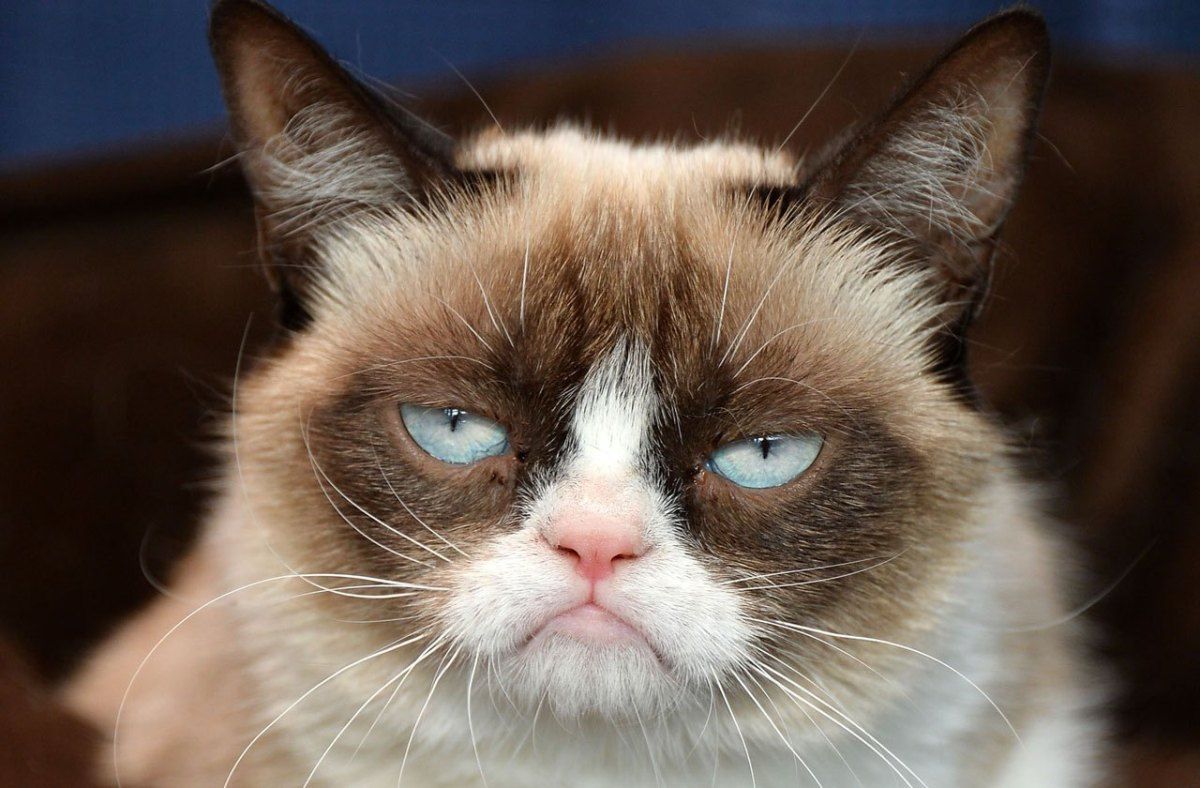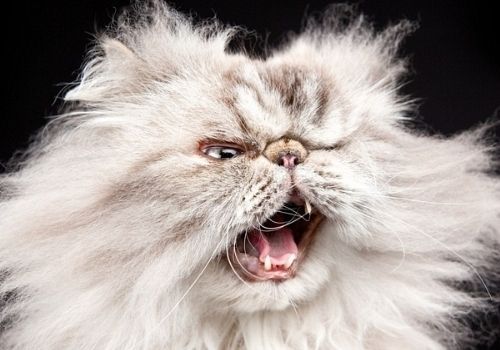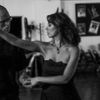Top 5 pet peeves in partner dancing and how to manage them
Everyone has a pet peeve in partner dancing. We've listed a few of ours.

Social dancing and dance parties are one of the highlights of any dancer's social calendar. There's nothing like getting on that dance floor and connecting with other dancers to leave you feeling buzzing and alive.
However for every great experience there are a few less-than-great ones. It's all part of the dance. We've collected a few of our top pet peeves in partner dancing and added some suggestions on how to manage them.
Here's our list in no particular order of peevishness:
Completely disengaged

There's nothing worse than excitedly jumping on the dance floor with someone only to find them completely uninterested in you for the whole dance.
Perhaps they're a beginner and entirely focused on their own steps. Most dancers are guilty of this at some point in their dance lives and can be forgiven for it.
Sometimes it's a more advanced dancer who's showing off the moves they just learned in the last class, or maybe they're looking for their next dance partner (grrr). If this happens you are well within your rights to call out your partner's bad behaviour. You're here to connect and your time is precious. Why waste it on someone who's not respecting this.
Taking it too seriously

Whether it's a natural resting bitch face or just down right grumpy cat, it's very difficult to enjoy a dance with someone who doesn't look like they're having a good time. It's supposed to be fun after all.
As a follower who suffers from performance anxiety on the dance floor I know it can be off-putting when I don't try to make eye contact with my leader and smile a few times or vice versa.
Top tip – it's simple really – remember to smile. Whether you're reassuring a wobbly beginner or breaking the ice with a pro-wannabe, a smile goes a long way. Not only will it help to relax the tension but the recipient will most likely pay it forward and you'll be improving someone else's dance experience that night too.
Unsolicited feedback

This has to be one of the biggest no-nos on a social dance floor. Being told by your leader / follower that you've done something wrong and then trying to correct you is incredibly off-putting.
Quite often they're just trying to be helpful and mean well but unless the feedback is coming from a teacher then it's usually not welcome.
Make it a general rule to avoid giving unsolicited feedback, especially if you don't know your partner. You may inadvertently offend them and start an argument.
If you're the recipient then politely smile and try not to take it personally. Sometimes telling the person that you prefer to just dance when you're on the social dance floor is enough but you can always avoid dancing with that person again if it really bothers you. [As a side note the feedback might even be spot on even if it's not the right time and place.]
Dangerous dancing

Leaders cop a lot of flack for practising unsafe dance moves in a crowded social setting but followers can be just as culpable.
When a social dance floor gets crowded the chances of someone getting injured increases. Accidents can happen but they can also be avoided by always maintaining dance floor awareness and being very mindful whenever leading more complicated or risky moves. Sometimes it's better to leave those moves to performances or a less crowded dance environment.
As we progress as dancers we hopefully develop an awareness and learn the correct techniques that protect us from exposing our bodies to injury. The knowledge gained over time should teach us why we shouldn't do certain moves and especially not with people we don't know or who are beginners.
Whether you're a leader or a follower it's important to always feel safe on the dance floor. Don't put yourself in a position where you might get hurt. And if you find yourself being led into a situation or position you're uncomfortable with make sure you tell your partner – and don't be afraid to tap out of the dance altogether!
Rudeness / lack of awareness

It overlaps with all of all our listed pet peeves but we thought it deserved it's own mention as so much of our ability to enjoy a dance comes down to how we treat each other.
If the dancer you've had your eye on becomes free but declines to dance because they're taking a break, don't be offended. They're probably tired because they've been dancing up a storm all night. Also avoid accosting someone when they've just bought a drink at the bar or are on their way to the toilet.
But whatever their reasons whether man or woman they have every right to just say no to a dance. If someone is not respecting this decision and either harassing you or being abusive then inform the event organiser. This kind of behaviour should never be tolerated.
Equally when you've had a dance with someone make sure you say thank you and be gracious, even if it wasn't your best dance of the night. Don't race off. There's nothing more disheartening than a partner who runs away from you at the end of a dance just to fill their dance card for the night.
Whatever your pet peeves are remember nobody is perfect and at some point in time you may have been the one doing the annoying act. The reason we come together on the dance floor is to connect and share our mutual love of the dance.
Through mutual respect, nurturing of beginners and keeping a positive, inclusive energy we can help to strengthen our dance communities and develop an awareness that helps reduce pet peeves all round.
Got a particular pet peeve we haven't mentioned? Get in touch via email or Facebook and we'll add it to our list :-)

